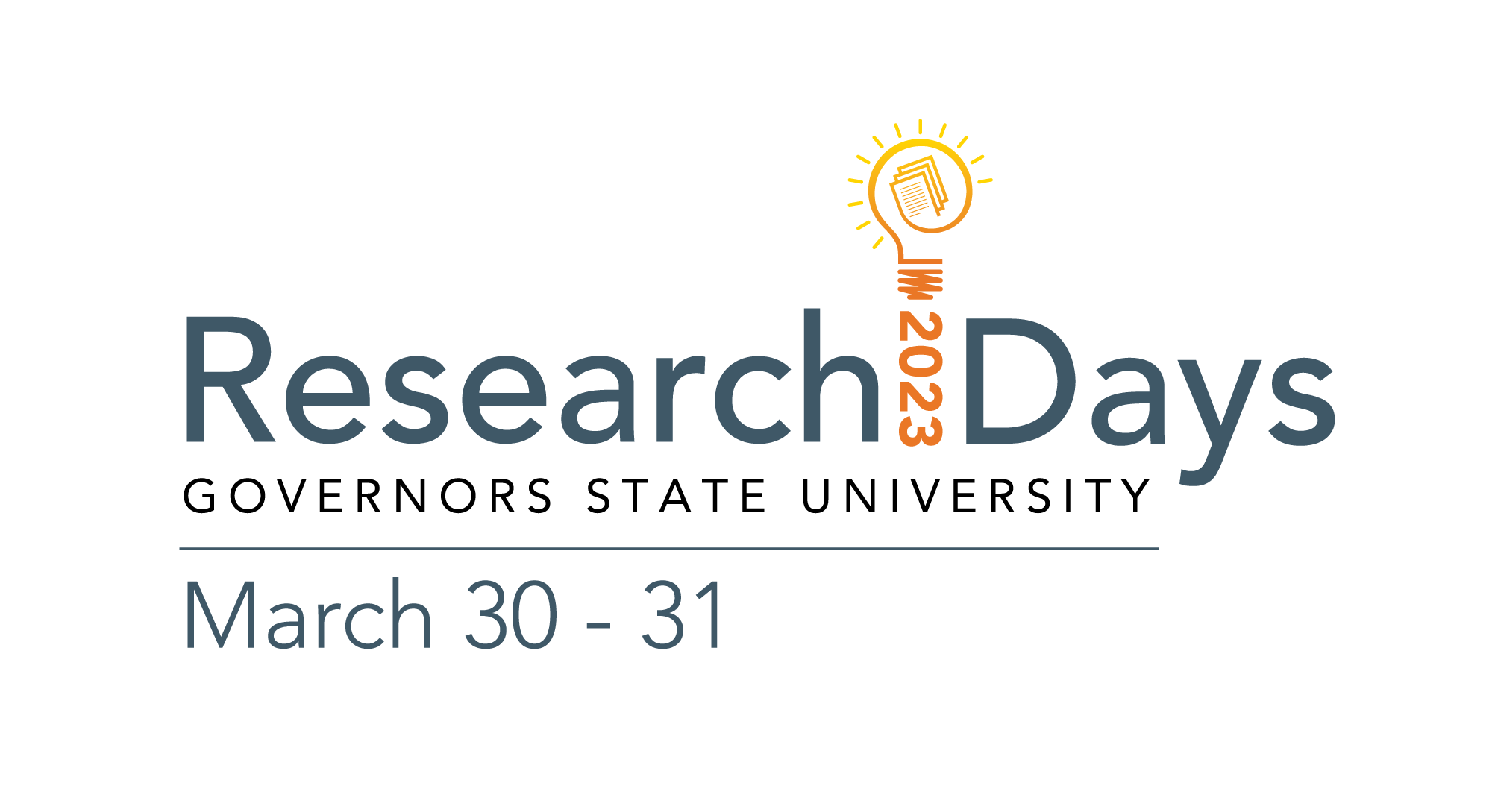
Research Days 2023 Poster Sessions
Type of Presentation
Poster Session
Location
GSU Library
Start Date
3-31-2023 11:45 AM
End Date
3-31-2023 1:15 PM
Description of Program
There has been controversy of whether (failed) actions versus (failed) inactions evoke greater amount of regret following a decision. The current study explores the role of attachment in understanding potential conflicting findings with the intent to explain why the amount of regret experienced may vary in certain situations
Abstract
Initial study (e.g., Kahneman & Tversky, (1982) has indicated that failed actions (i.e., switches that result in negative outcomes) evoke more regret than inactions (i.e., non-switches resulting in negative outcomes), a vigorous finding in the regret literature. Subsequent work, however, revealed that individuals report more inaction regrets than action regrets (e.g., Gilovich & Medvec, 1994). The current research examines whether regret stemming from actions versus inactions are moderated by one’s attachment style. Attachment can be both crucial when it comes to decision making and one’s ability to mitigate the negative effects following a decision. Participants will be asked to complete an existing attachment style measure and then asked to imagine themselves either switching from their initial decision or sticking to it that produces an undesired outcome. Participants then will rate the intensity of regret they would experience following the negative outcome. Approximately 60 students will participate in this study. Consistent with Kahneman and Tversky’s findings, we expect to find a main effect for decision type. That is, individuals will report experiencing more regret following actions that inactions. However, we also expect to find a significant interaction effect between attachment styles and decision type with regards to experience of regret. We expect that present study will provide explanation to why people experience varying amount of regret stemming from failed actions and inactions. That is, the amount of regret experienced between actions and inactions will change based on one’s attachment style type.
Presentation File
wf_yes
Included in
What's Your Biggest Secret?
GSU Library
Initial study (e.g., Kahneman & Tversky, (1982) has indicated that failed actions (i.e., switches that result in negative outcomes) evoke more regret than inactions (i.e., non-switches resulting in negative outcomes), a vigorous finding in the regret literature. Subsequent work, however, revealed that individuals report more inaction regrets than action regrets (e.g., Gilovich & Medvec, 1994). The current research examines whether regret stemming from actions versus inactions are moderated by one’s attachment style. Attachment can be both crucial when it comes to decision making and one’s ability to mitigate the negative effects following a decision. Participants will be asked to complete an existing attachment style measure and then asked to imagine themselves either switching from their initial decision or sticking to it that produces an undesired outcome. Participants then will rate the intensity of regret they would experience following the negative outcome. Approximately 60 students will participate in this study. Consistent with Kahneman and Tversky’s findings, we expect to find a main effect for decision type. That is, individuals will report experiencing more regret following actions that inactions. However, we also expect to find a significant interaction effect between attachment styles and decision type with regards to experience of regret. We expect that present study will provide explanation to why people experience varying amount of regret stemming from failed actions and inactions. That is, the amount of regret experienced between actions and inactions will change based on one’s attachment style type.
